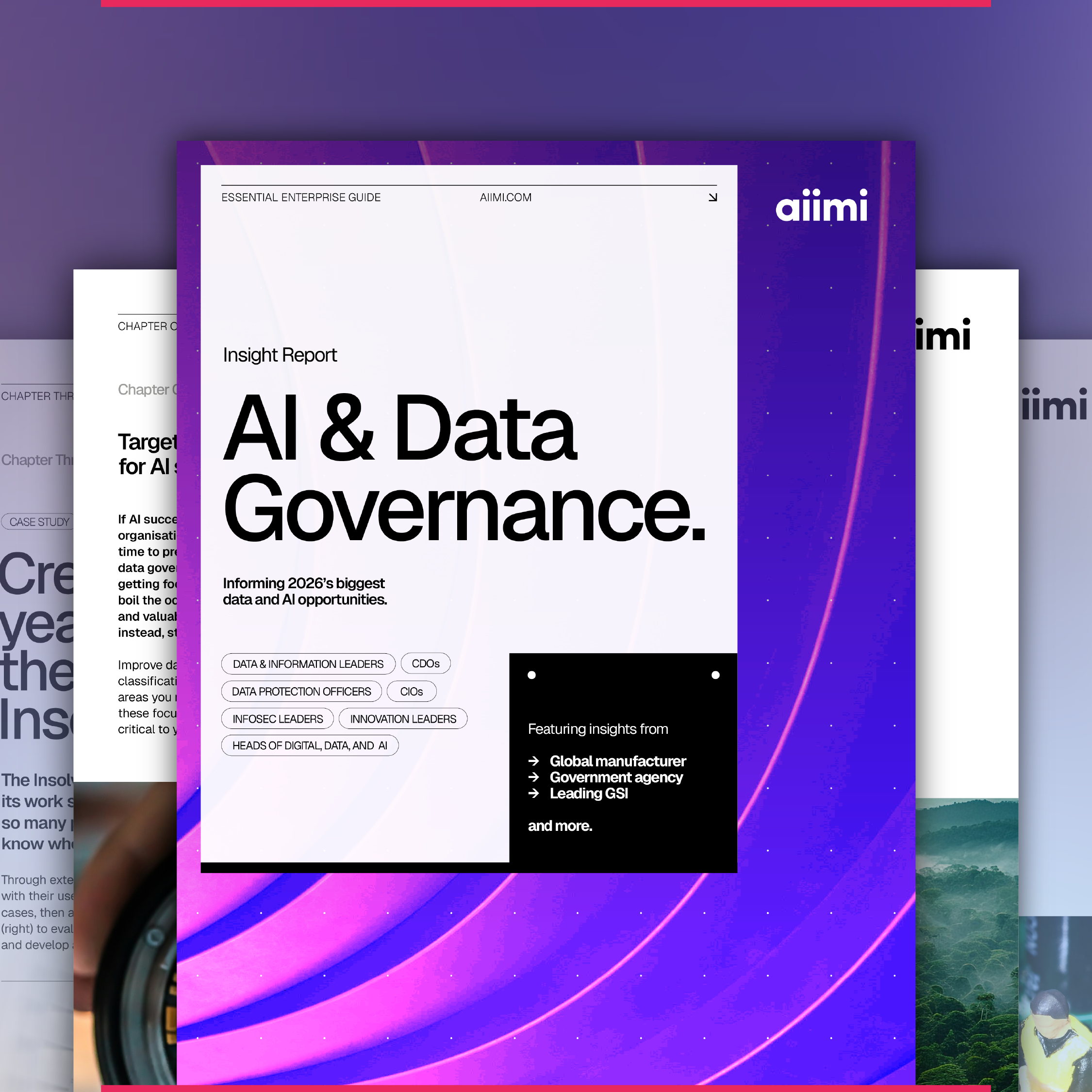What can we learn from Change Management during COVID-19?

Business Consultant Amelia Beresford explores why Change Management is a business discipline that's proving very useful during the COVID-19 pandemic - even in our personal lives.
School closures. Working from home – or, for our key workers, working in a drastically altered environment. Weekends and Bank Holidays spent away from our loved ones. The list of changes we are facing during the COVID-19 pandemic is vast. We are all working to adapt as quickly as we can, but rarely have we faced such a large global change on this scale. In this blog, I want to take a closer look at what kind of changes we are facing as individuals during this time, and how we can apply some simple principles from the business discipline of Change Management to help us process change in our own lives.
What is Change Management?
There are always barriers and challenges to overcome in the face of any change, whether it be at home, at work or – in this instance – as a nation and as a world. Change Management is a business discipline which focuses on how we can “prepare, equip and support individuals to successfully adopt change in order to drive organizational success and outcomes” (this definition comes from PROSCI, the leading global consultants in this discipline). In the case of this pandemic, the ‘success’ and ‘outcomes’ desired will be different for each ‘organisation’ that we consider – our country, our government, our NHS, our businesses, our family units, our individual selves.
Remember that people are at the heart of everything – never underestimate the power that people have over the success of any change.
In this blog, I will focus on what Change Management means for you as an individual, and then give you some of the tools to apply it.
Understanding the methodology
Day-in-day-out, Change Management is overlooked as a business discipline that’s simply not a necessity. Recently, I attended the PROSCI Change Management course. It was eye-opening to see the difference correct management can make to the overall success of a change and its expected benefits. Far from being a nice-to-have, I believe Change Management is a necessity for any organisation, business or not, and a methodology we can all take something from.
To start off, I want to show you the PROSCI ADKAR Model:
 Any change an organisation wants to enact should be considered using the ADKAR model. It provides a framework to understand how a change will be perceived and handled by the individuals affected by it, helping to ensure that they can successfully adopt the change. When we think about the UK Government’s approach to COVID-19, you can already see how they have worked through this model when considering how to implement the changes needed to keep many of us at home during lockdown.
Any change an organisation wants to enact should be considered using the ADKAR model. It provides a framework to understand how a change will be perceived and handled by the individuals affected by it, helping to ensure that they can successfully adopt the change. When we think about the UK Government’s approach to COVID-19, you can already see how they have worked through this model when considering how to implement the changes needed to keep many of us at home during lockdown.
Desire is usually the biggest barrier for most changes that we face; “Why should we be doing this?”.
Here’s the ADKAR model in action, used to briefly examine the UK lockdown:
Awareness – Everyone in the UK is delivered relevant information through daily ministerial briefings and updates, with clear explanations of how this will impact us.
Desire – We want to stay at home to protect those we love, the elderly, the NHS and the vulnerable.
Knowledge – The internet is full of advice to help us stay at home, keep entertained, and help our government to fight this pandemic through lockdown.
Ability – Funding has been increased to support businesses during this time, NHS volunteers are stepping up to help support the vulnerable amongst us, and businesses are helping to support those in need. Everyone is using their skills to help.
Reinforcement – The virus has not been defeated yet; we still have a long way to go. We need to keep up these measures to save lives. This is why the government continues to send out messages through channels including TV, radio, posters and YouTube, and why they’ve implemented additional powers for police officers to fine those in breach of lockdown.
As you can see, the ADKAR model can be applied to just about any kind of change. Here, it’s clear that adoption of the change (lockdown and social distancing measures) is crucial for a successful outcome to the situation (reducing the effect of the COVID-19 virus), so working out how to best achieve widespread adoption is a must.
How can we, as individuals, use these principles?
I’m planning to reflect on how I can apply the principles of ADKAR to the changes I’m experiencing in my current day-to-day activities during the Coronavirus pandemic. Hopefully, this will help me to identify why I’m struggling to adopt any of the changes which should really be helping me to improve my overall situation.
A crucial step is to identify your barrier points – where are you finding the most resistance in the ADKAR model? Desire is usually the biggest barrier for most changes that we face; “Why should we be doing this?”. By identifying where your barriers lie, you can begin to implement solutions to overcome them, such as revisiting your motivations for maintaining the change on a daily basis to keep them at the forefront of your mind.
Secondly, it’s worth thinking about how many of your lifestyle changes are enacted with a focus on just getting things done, rather than on understanding how others will react to the change. For instance, think about trying to swap a family favourite sugar filled cereal for a healthier, more nutritious substitute. If you haven’t made the reasons for the swap clear or created that desire in your family, they’re quite likely to reject this change. It’s not so hard to imagine kids having a tantrum here!
Remember that people are at the heart of everything – never underestimate the power that people have over the success of any change. During turbulent times, we must all work together and be supportive of one another. Always remember that everyone will be struggling in their own way while we work our way through the challenging times ahead. It has never been more vital for you to put people at the heart of everything you do and help those around you when you can.
As a final note, a big shout out to all NHS staff, carers, volunteers, and all key workers who are helping keep us all going. Whether you know it or not, you are all part of one of the biggest changes we have ever encountered – it will be remembered forever.
Stay in the know with updates, articles, and events from Aiimi.
Discover more from Aiimi - we’ll keep you updated with our latest thought leadership, product news, and research reports, direct to your inbox.
You may unsubscribe from these communications at any time. For information about our commitment to protecting your information, please review our Privacy Policy.



